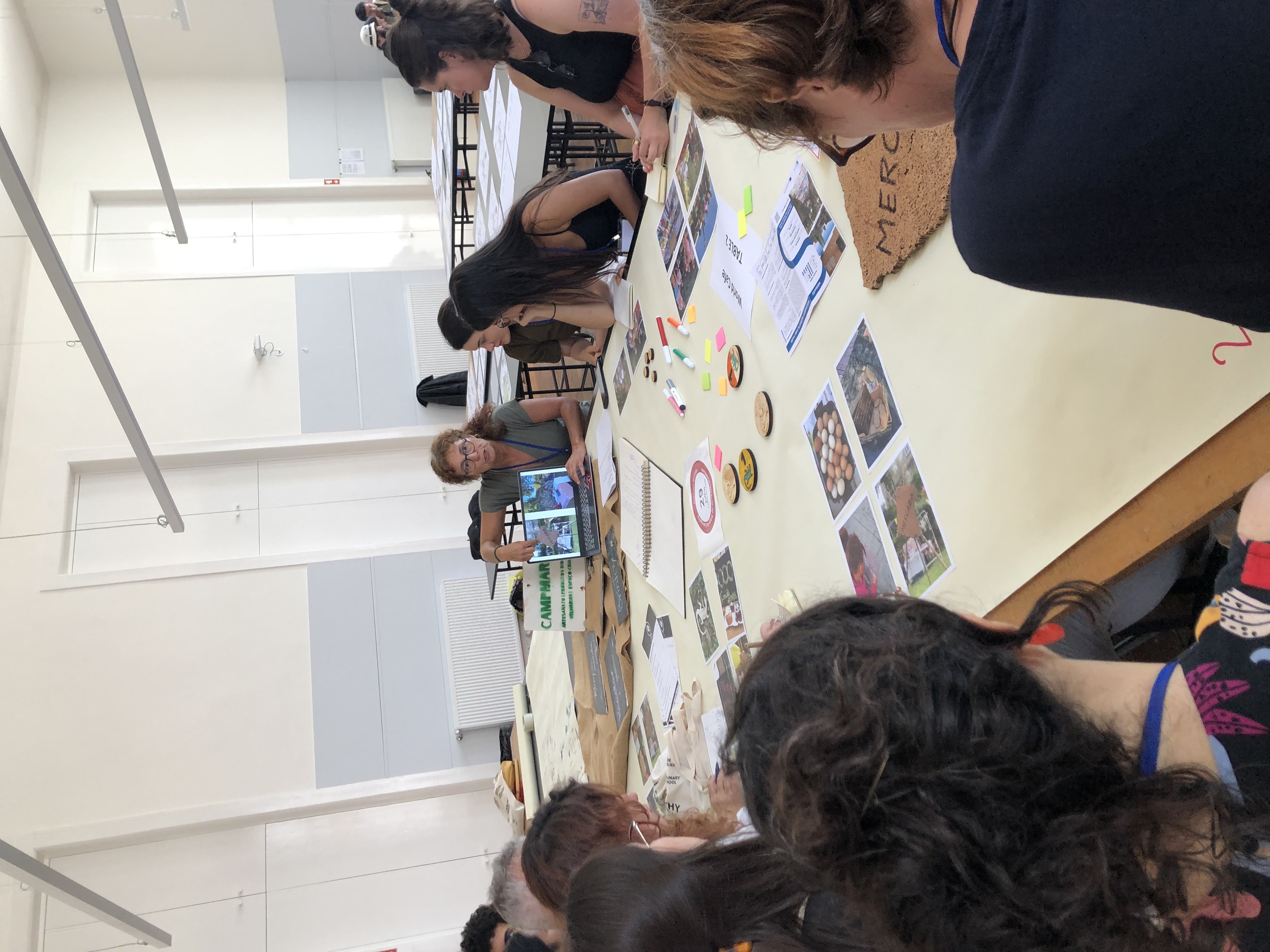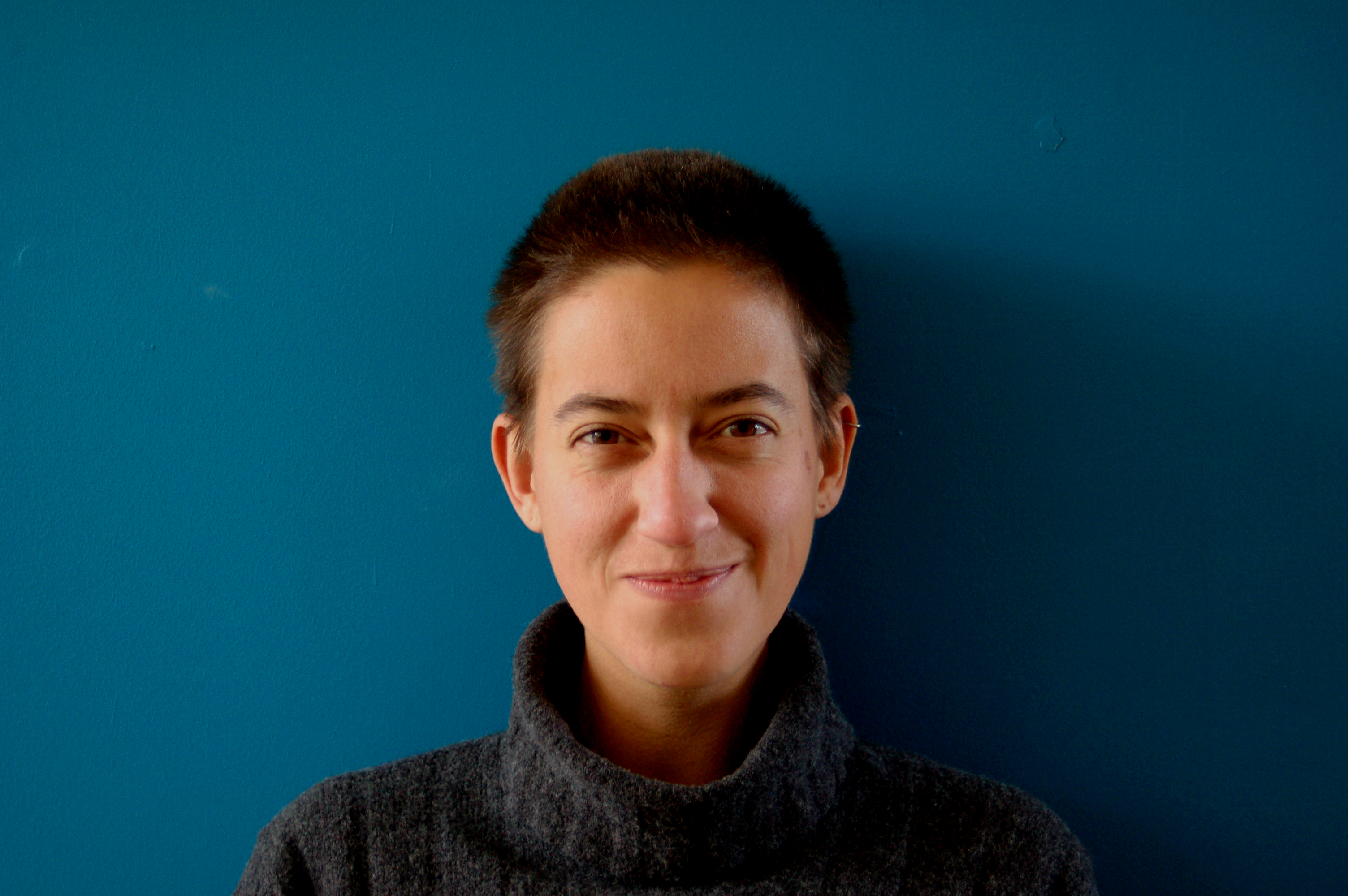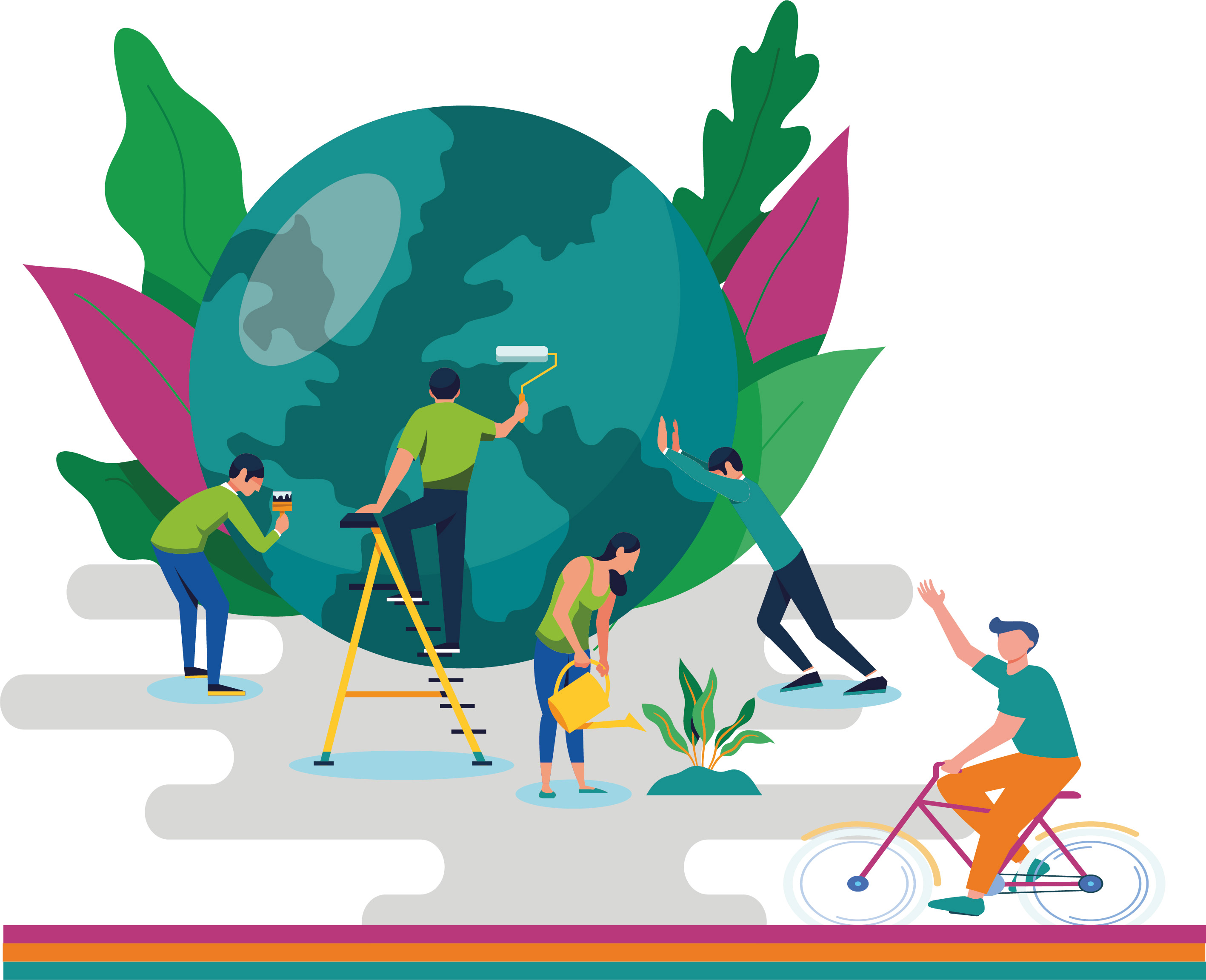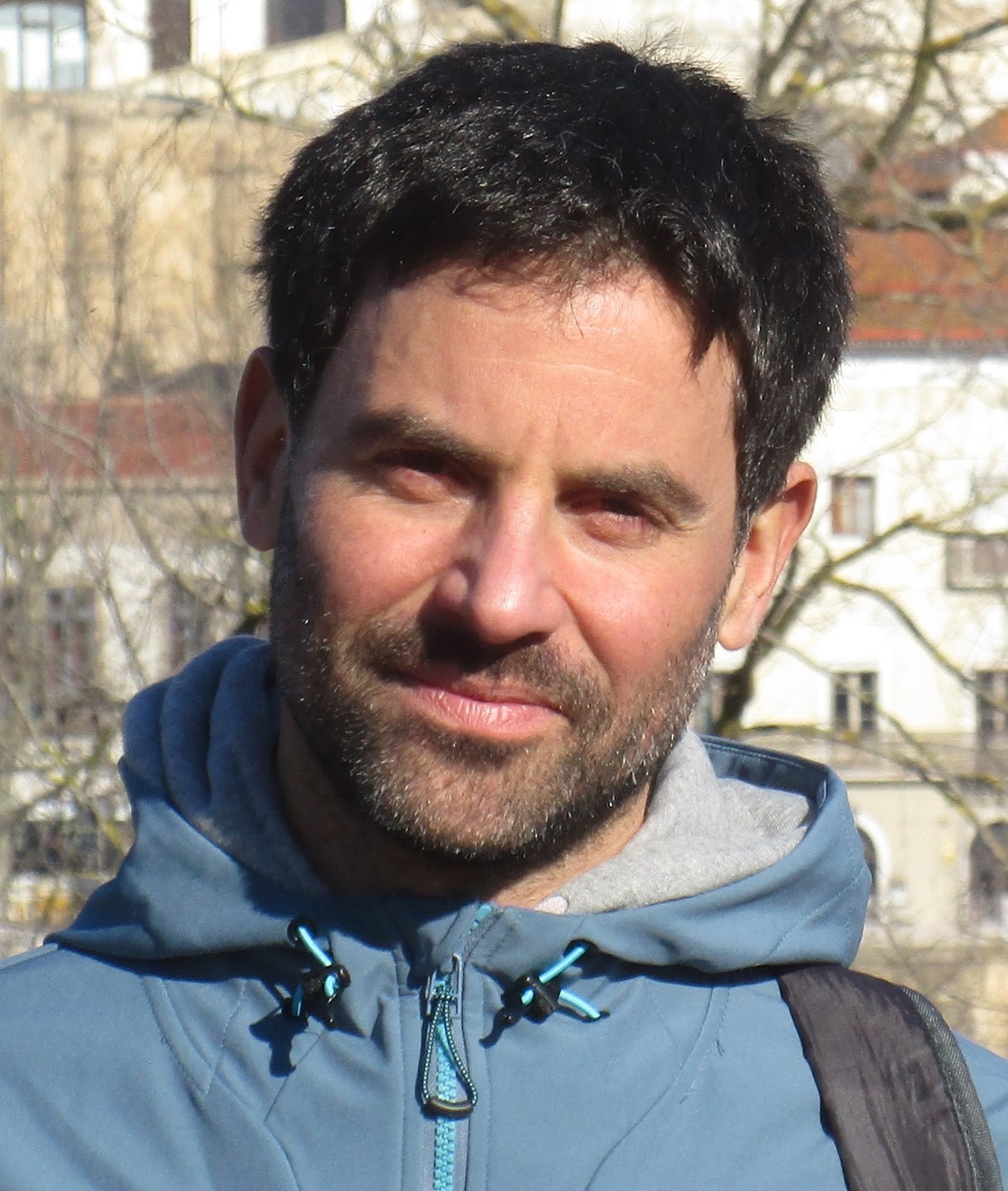
URBiNAT Webinars
Over the course of the URBiNAT project (2018 to 2024) a series of webinars have been organized to encourage knowledge sharing, community engagement, and collaborative learning. These webinars, led by consortium partners, with guest experts and the representatives of sister H2020 projects, have delved into the core themes and objectives of the URBiNAT project, exploring the transformative potential of Nature-Based Solutions, best practices, and innovative urban strategies.
Designed to be both informative and interactive, and aimed at our various target audiences, URBiNAT webinars have played an important role in enhancing project awareness, fostering dialogue, and promoting sustainable urban transformation, through the co-selection of NBS and the co-creation of Healthy Corridors in our Frontrunner and Follower cities
This 3-part webinar looks at the role of the Social and Solidarity Economy (SSE) in the process of urban transformation. Speakers consider the synergies between community-driven, socially-focused economic models and sustainable urban planning. By exploring the principles of SSE, the webinars delve into how collective efforts can guide the selection and embedding of NBS within urban settings. From expert insights to real-world applications in URBiNAT cities, and internationally, each webinar highlights the transformative potential of the SSE.
Watch the complete series
Part 1 (2 June 2020)
Part 1 of webinar series on the social and solidarity economy and how it can be leveraged to boost the impact of nature-based solutions in cities.
View HERE
Part 2 (4 June 2020)
Part 2 of webinar series on the social and solidarity economy and how it can be leveraged to boost the impact of nature-based solutions in cities.
View HERE
Part 3 (7 June 2020)
Part 3 of webinar series on the social and solidarity economy and how it can be leveraged to boost the impact of nature-based solutions in cities.
View HERE
Featured Presenters
Siena: DeclinAZIONI Sostenibili
URBiNAT Webinar Series: Shaping Ravacciano’s Healthy Corridor Together
During April and May 2021, the Italian partners of the URBiNAT project produced a series of webinars centered on the collective planning and creation of Ravacciano’s Healthy Corridor. These sessions, which provide numerous interdisciplinary insights, featured a diversity of presenters: economists, urban planners, ecologists, sociologists, architects, local community organisations, and representatives from the Siena city administration. The ten-part webinar series charts the future of Ravacciano, ensuring the district not only boasts green spaces but also thrives as an epitome of holistic urban development.
Watch the complete series
Part 1: Rigenerare un quartiere partendo dall’agricoltura
The case of the Municipality of Pozzuoli and the MAC- Monterusciello Agro City project: how to fight urban poverty by regenerating peripheral neighbourhoods and transforming them into opportunities for economic development. MAC proposes a series of activities with the objective of regenerating the urban environment and, at the same time, combating poverty in the Monterusciello neighbourhood, where the current problems of the social context combine with a difficult urban environment, characterised by vacuity, anonymity and decay of common spaces. By means of a process of economic, entrepreneurial and social development, MAC aims to create a new agro-urban landscape based on an interconnection of urban areas and agricultural land, which fosters a creative transformation of the essence of the neighbourhood.
View HERE
Part 2: The gender lens on the city
Women experience the city by expressing needs for specific times and spaces, with an inclusive focus on how physical and social organization impacts relationships and generations in daily life. The city and the neighborhood are not just the built and the weave of spaces that have grown over time, but a network of relationships that have women and their daily activities at the center. Engaged in connecting the needs and times of working life with those of the family, with those of children and the elderly to care for and with those of the services present in the territory, women offer urban planning a non-neutral look and actions for an inclusive and friendly quality of life for all, as some good practices tell us.
View HEREPart 3: Collaboration Pacts and Common Goods
How pacts for the care of the commons work and what impact they have on communities. With Daniela Ciaffi Vice-President of Labsus, Laboratory for Subsidiarity, we address the issue of the care of the commons within the community with a specific reference to the new challenges that the Pandemic has posed in the last year. Duccio Nello Peccianti of the Le Mura Association and Gabriele Papi of the Ravacciano Committee talk about their experience with the pacts of collaboration and the path activated in the Sienese community.
View HERE
Part 4: urban regeneration starting from culture
In recent years, regeneration on a cultural basis has had important developments, becoming a real social and economic phenomenon. There are many experiences both in urban and peripheral areas. These are paths that highlight the many difficulties and critical issues still to be addressed, but that offer interesting perspectives on the future. Together with Giada Scoglio of Semi di Rigenerazione we will analyze some of these experiences. With Francesca Ameglio Director of “2050 ArchiFest- abitare il mondo altrimenti” we will analyze the start of the urban regeneration process in Colle Val d’Elsa (SI).
View HERE
Part 5: The challenge for carbon neutrality and sustainability of cities
Climate change is affecting our planet in the form of extreme weather conditions such as droughts, heat waves, heavy rainfall, floods and landslides, which are becoming increasingly frequent in Europe. Achieving zero emissions by the middle of the 21st century is essential to curb global warming. This goal is also included in the Paris Agreement signed by 195 countries, including the European Union. In December 2019, the Commission unveiled the European Green deal, the plan to make Europe climate neutral by 2050.
View HERE
Part 6: Civic Crowdfunding: when the community supports cultural projects
Civic crowdfunding as an opportunity for sustainability from below and direct involvement of citizens. The Civic Crowdfunding of the Municipality of Milan has just ended successfully: non-profit organizations and citizens have joined forces to improve the city with new fundraising to take care of the neighborhoods through socially useful projects. Through a public announcement the Municipality has selected 20 projects presented by non-profit organizations in the area and each selected organization has had up to 60 days to collect a part of the resources (40%) on an online platform; the Municipality will finance the remaining part of the costs (60%) with a non-refundable contribution up to 60,000 Euros per project. With Annibale D’Elia, Director of Economic Innovation and Business Support of the City of Milan, we will analyze the strengths and weaknesses of this experience and with Andrea Perini, we will discover the MadreProject, School of bread and places, the first school for bread innovation that trains expert bakers as community activators for the regeneration of urban neighborhoods and inner areas.
View HEREPart 7: A city for the elderly
In just 15 years, 60 % of people will be living in cities and a quarter of them will be over 60 years old. It will therefore be increasingly important to design “age-friendly” cities that take into account interdisciplinary aspects ranging from psychology, urban planning, architecture, and sociology. The aim will be to think of “active aging” as continuous participation in all aspects of social, economic, cultural, spiritual, and civil life. In order to do this, it is necessary to involve first of all senior citizens by asking them to identify the problems they consider fundamental for the development of cities and to consider them as key players in planning.
View HEREPart 8: Corporate Social Responsibility and a new sensitivity to care for the territory
Companies are increasingly sensitive to environmental issues and have adopted models and projects that have a direct impact on local areas. How can we strengthen the virtuous relationship between the common good, public administration, and the business world?
View HERE
Part 9: Child-Friendly Cities
A Friendly City is a city committed to an ongoing process of implementing the rights of children and adolescents.
View HEREFeatured Presenters
Nature-Positive Economy
The URBiNAT project has been at the forefront of exploring the transformative potential of the Nature-Positive Economy, an emerging field that emphasises the interconnections between economic growth and nature conservation. Under the leadership of Sweden-based research institute, IKED, URBiNAT’s research activities in this area have been enriched through collaborations with sister Horizon 2020 projects.
URBiNAT has also ensured that discussions around the Nature-Positive Economy are prominently featured in high-stakes international platforms, such as the COP 27 meeting and key EU gatherings. URBiNAT’s work in this area has shed light on the possibilities of an economy that is not only prosperous, but also regenerative and sustainable.



















Social & Solidarity Economy